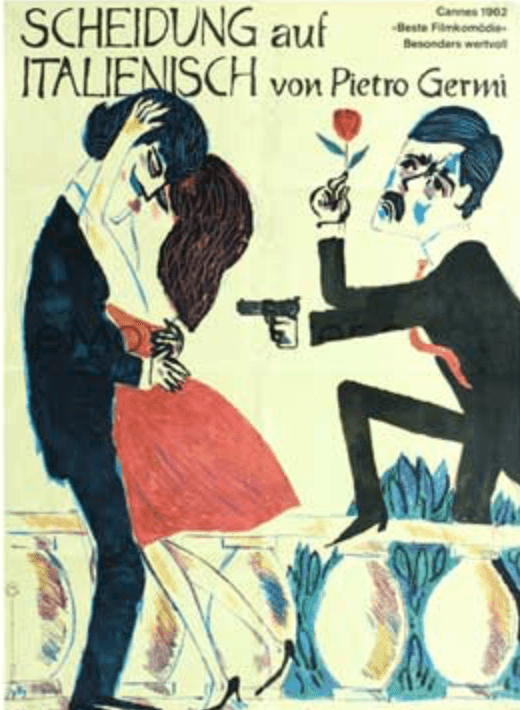General Information about Item:
- Customary Folklore: Greek Superstition (Bad luck)
- Language: English
- Country of Origin: Greece
- Informant: Katherine Spanos
- Date Collected: November 2, 2018
Informant Data:
- Katherine Spanos is a junior studying Biology at Dartmouth College. She participates on the Dartmouth Field Hockey team and is hoping to pursue a career in medicine after graduation. Katherine was born in Hummelstown, PA, but her father is originally from Neohari, a town in Greece. Her mother is not from Greece, but the family practices many traditions and superstitions of the culture. Many of Katherine’s family members still live in Greece, and she believes her grandparents have been the most significant factors in instilling Greek practices in her daily life.
Contextual Data:
- Social Context: The informant was interviewed in person regarding the cologne and perfume superstition.She said that she first learned the superstition from her grandparents at Christmas. It is commonly passed from older to younger generations. In order to prevent bad luck, the recipient of the cologne or perfume must be the one to give the coin.
- Cultural Context: Perfume has played an instrumental role throughout the culture and history of Greece. Perfume was first made on the island of Crete in the 4th century, and the accessory quickly spread throughout the country. Made from herbs, spices, and flowers, perfume was thought to be a gift of the gods and was commonly worn by men and women throughout society. It composed a massive industry in ancient Greece and became known as a positive omen for marriage and childbirth. Perfume and cologne was kept in small containers shaped as animals. Giving perfume as a gift is a popular practice today, as it is a sign of affection and an item that is not often purchased.
Item:
- When an individual gives cologne or perfume to someone as a gift, that person must give a coin in exchange for the gift. If a coin is not reciprocated, then evil will follow the two individuals and threaten their relationship.
Associated file:
Transcript of Associated File:
- “Coins have a lot of significance relating to luck, and my Papou, my grandfather, used to have a large collection of coins. We would come look at them, and they were supposed to be lucky.”
Informant’s Comments:
- “When we visited my Papou’s house for holidays, he would often show us the coins and told up that they were good luck. One year at Christmas, my Yaya, my grandma, handed my Papou a gold coin from his collection. He knew he would have to give it back to her after opening his gift because he got cologne. They are very superstitious.”
Collector’s Comments:
- Katherine’s family practices many superstitions.
Collector’s Name: Kira Koehler
Tags/Keywords:
- Greek. Superstition. Cologne. Perfume. Coins. Customary Folklore. Magic Superstitions.




